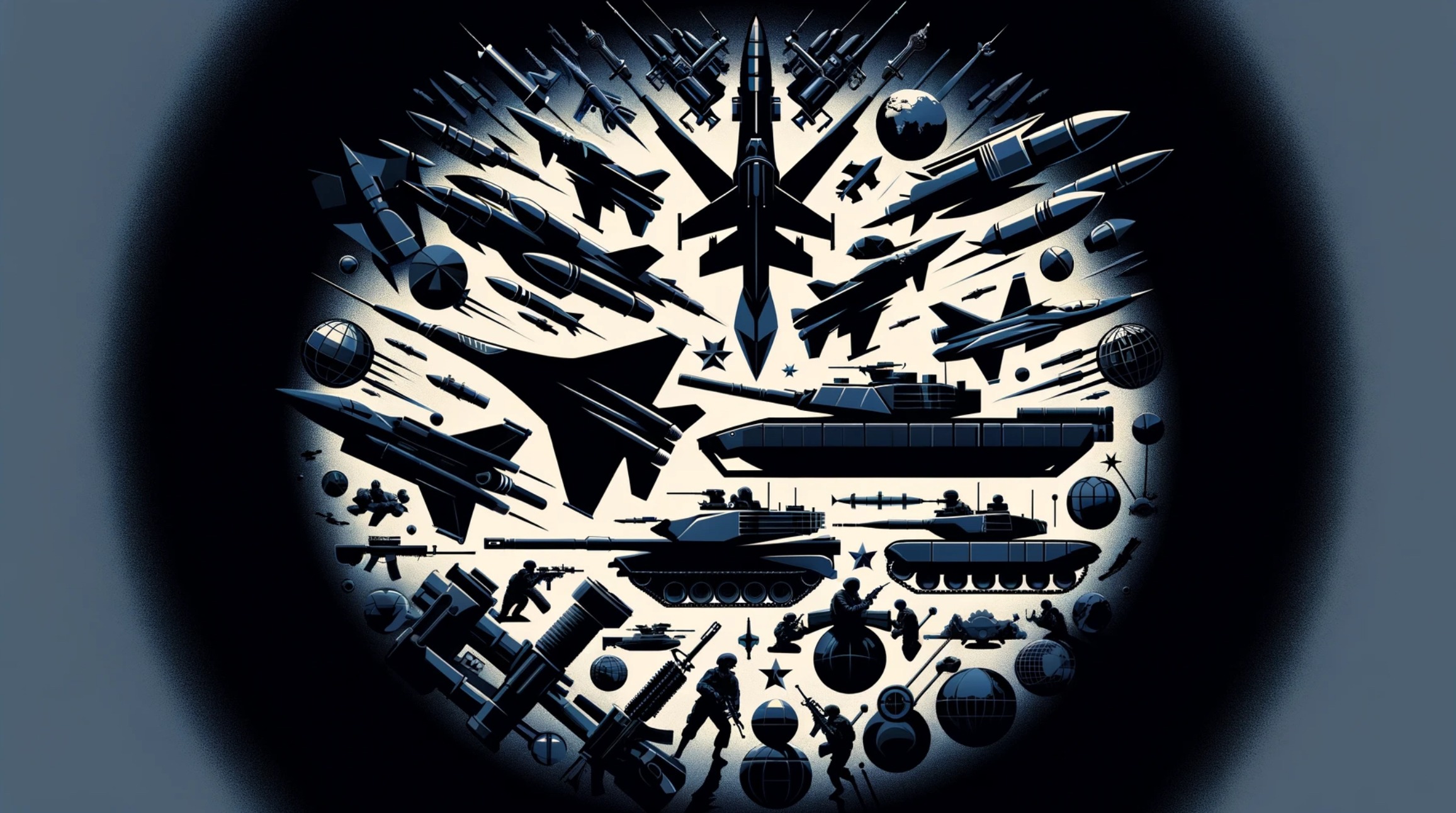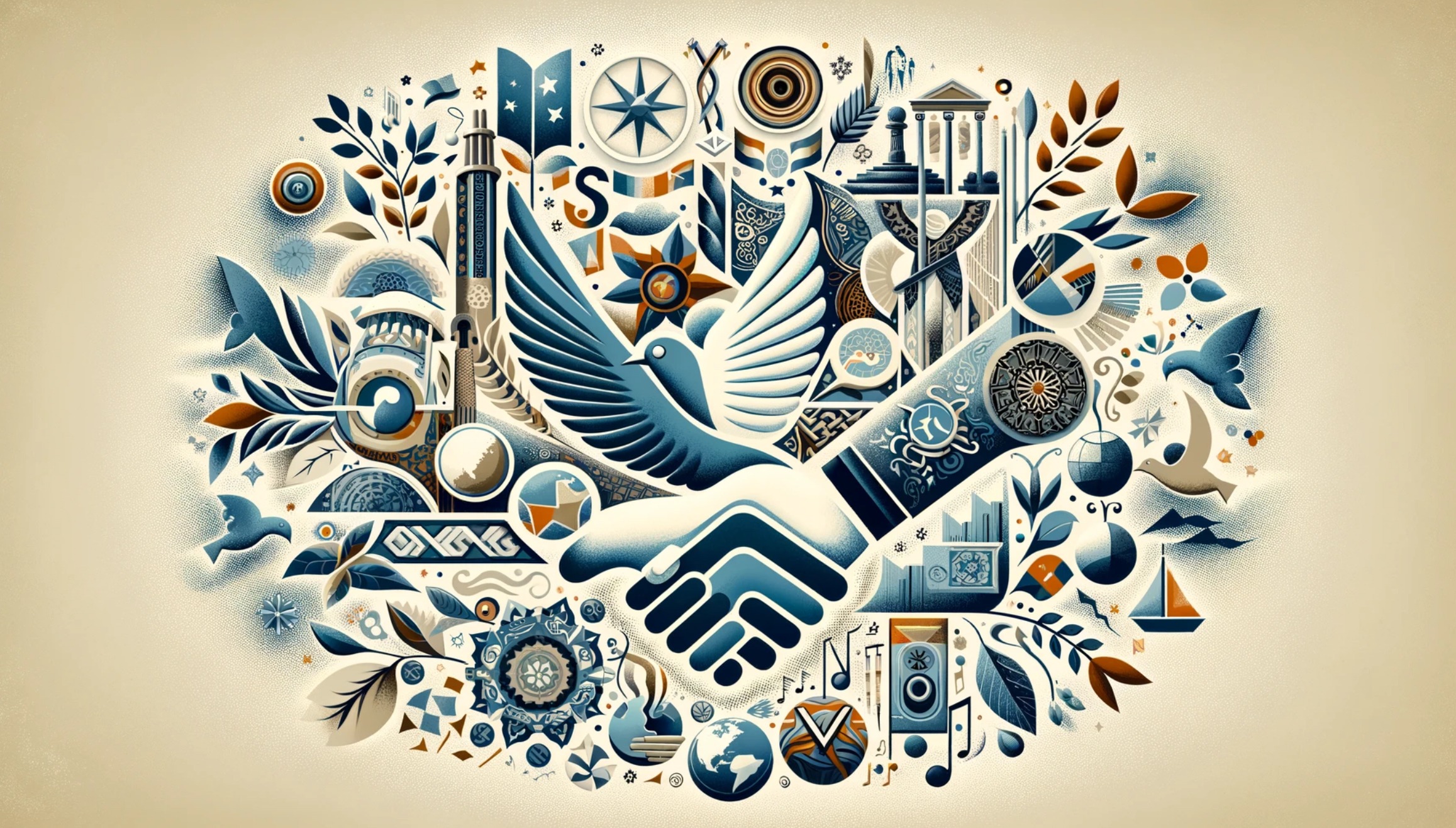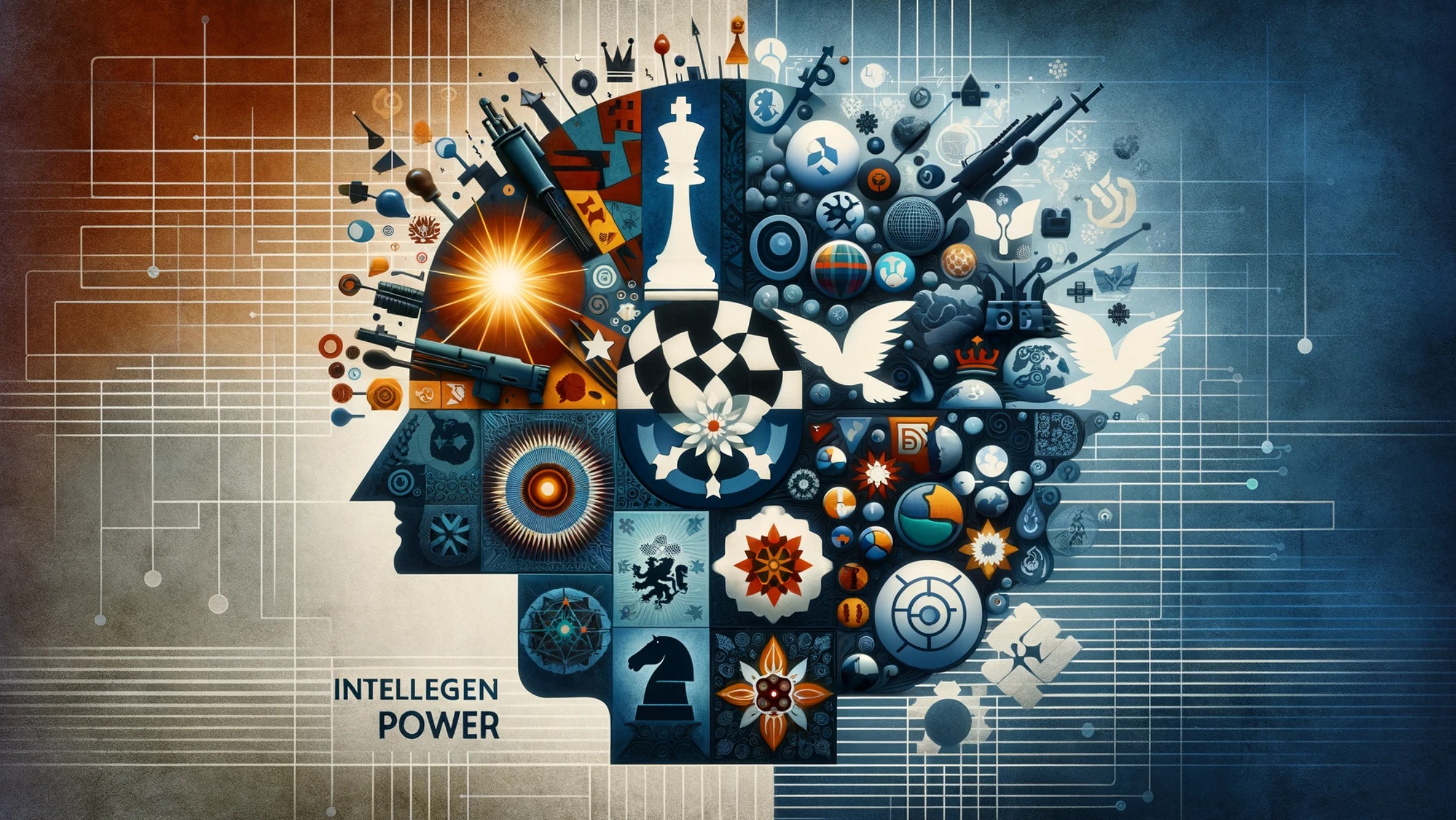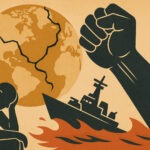Introduction to the Concept of Power in International Relations
In the realm of International Relations (IR), ‘Power’ is a multifaceted and dynamic concept. It typically refers to the ability of a state or actor to influence others and achieve desired outcomes, often through a combination of resources, capabilities, and strategic positioning. The complexity of power in IR lies in its various forms and impacts. While traditionally associated with military and economic strength, contemporary views such as Joseph Nye’s introduction of ‘soft power’ have expanded the understanding to include cultural influence and the power of persuasion (Nye, 1990). This broadening of the concept reflects the evolving nature of global interactions and the increasing importance of non-coercive means of influence.
Karen Mingst in the book “Fundamentals of International Relations” defines power as “The ability to influence others, and also the ability to produce results that would not have occurred naturally.” (Mingst, 2018, p. 179)
The concept of power in International Relations has evolved significantly over time. Initially, power was viewed predominantly in terms of military and economic capabilities, as advocated by theorists like Hans Morgenthau. The Cold War era saw power dynamics largely defined by military might and ideological influence. However, with globalization and the rise of non-state actors, the concept broadened. Joseph Nye introduced the idea of soft power, focusing on cultural influence and political values. Today, the notion of power encompasses a blend of hard and soft elements, reflecting a more interconnected and multifaceted international landscape. This evolution signifies a shift from a simplistic power paradigm to a more nuanced understanding that considers various forms of influence and capabilities in global politics.
Ingredients of Potential Power
“Potential Power: a measure of power that a certain entity, like a State, could have, from considerations of both its tangible and intangible resources; States will not always be able to convert their potential power into real power.” (Ibidem).
Natural Sources of Power: Geography, natural resources, population
Tangible sources of Power: Industrial development, level of infrastructure, armed forces
Intangible sources of Power: National image, popular support, leadership
Source: Mingst, 2018, p. 182, Digram V.I

Hard Power in International Relations
Hard Power in International Relations refers to a state’s ability to use military and economic means to influence other actors’ behaviors or outcomes. According to Mingst, this refers to the tangible sources of power. This includes military might, economic sanctions, and financial inducements. While hard power can be effective in compelling behavior, its limitations include potential backlash and the inability to cultivate long-term alliances based on trust or shared values.
Hans J. Morgenthau and Kenneth Waltz are seminal figures in discussing hard power’s role, particularly from a Realist perspective. Morgenthau’s “Politics Among Nations” (Morgenthau, 1948) and Waltz’s “Theory of International Politics” (Waltz, 1979) offer foundational insights. Additionally, Thucydides’ ancient account, “History of the Peloponnesian War,” provides early examples of hard power in action.

Soft Power in IR
Soft power generally refers to the intangible sources of power. Joseph Nye’s soft power concept is an innovative approach in International Relations, emphasizing a country’s ability to attract and co-opt rather than coerce. This power arises from the attractiveness of a nation’s culture, political ideals, and policies. Nye argues that soft power is a critical tool in the modern international arena, where direct military or economic might (hard power) are not the only means to influence global affairs. Soft power can shape preferences through appeal and attraction, creating a cooperative global environment. By leveraging cultural assets, moral authority, and foreign policies that resonate globally, nations can effectively project their influence.

Intelligent Power
Intelligent Power, a concept in International Relations, represents a balanced combination of hard and soft power. It involves using both coercive means (like military and economic influence) and persuasive methods (like cultural appeal and diplomatic engagement) to achieve foreign policy objectives. This approach is seen as more nuanced and effective in a complex global landscape where both force and attraction play key roles. Examples include U.S. foreign policy, where military strength is combined with diplomatic efforts and cultural influence to maintain global presence and foster international cooperation.
Conclusions
- Power in the study of International Relations is one of the most basic, yet most complex concepts to understand,
- There are different types of power! Potential power, hard power, soft power, and intelligent power.
- While most commonly understood in the context of States, power can be held and used by all types of international actors.
- Power has it’s own theories like the Theory of the Transition of Power (Mungaray Moctezuma, 2021). It’s also an over-arching idea that is applied in ALL IR Theories.
References:
- Mingst, K., & Arrguín-Toft, I. M. (2018). Fundamentos de las relaciones internacionales. CIDE.
- Uriegas, J. A. S., López-Vallejo, M., Ramírez, A. S. O., & Flores, R. V. (2021). Teoría de las relaciones internacionales en el siglo XXI: Interpretaciones críticas desde México y América Latina. CIDE.
- Nye, J. S. (1990). Soft Power. Foreign Policy, (80), 153-171. doi:10.2307/1148580
- Morgenthau, H. J. (1948). Politics Among Nations: The Struggle for Power and Peace. New York: Alfred A. Knopf.
- Waltz, K. N. (1979). Theory of International Politics. Reading, MA: Addison-Wesley.
- Thucydides. (431 BCE). History of the Peloponnesian War.
- • Nye, J. S. (1990). Soft Power. Foreign Policy, (80), 153-171. doi:10.2307/1148580
- ChatGPT. (n.d.). OpenAI. https://chat.openai.com/#









One response
[…] particular observations; it would hold even if no empirical case had yet been studied. For example, Waltz’s statement that “anarchy is the ordering principle of the international system” is not an […]